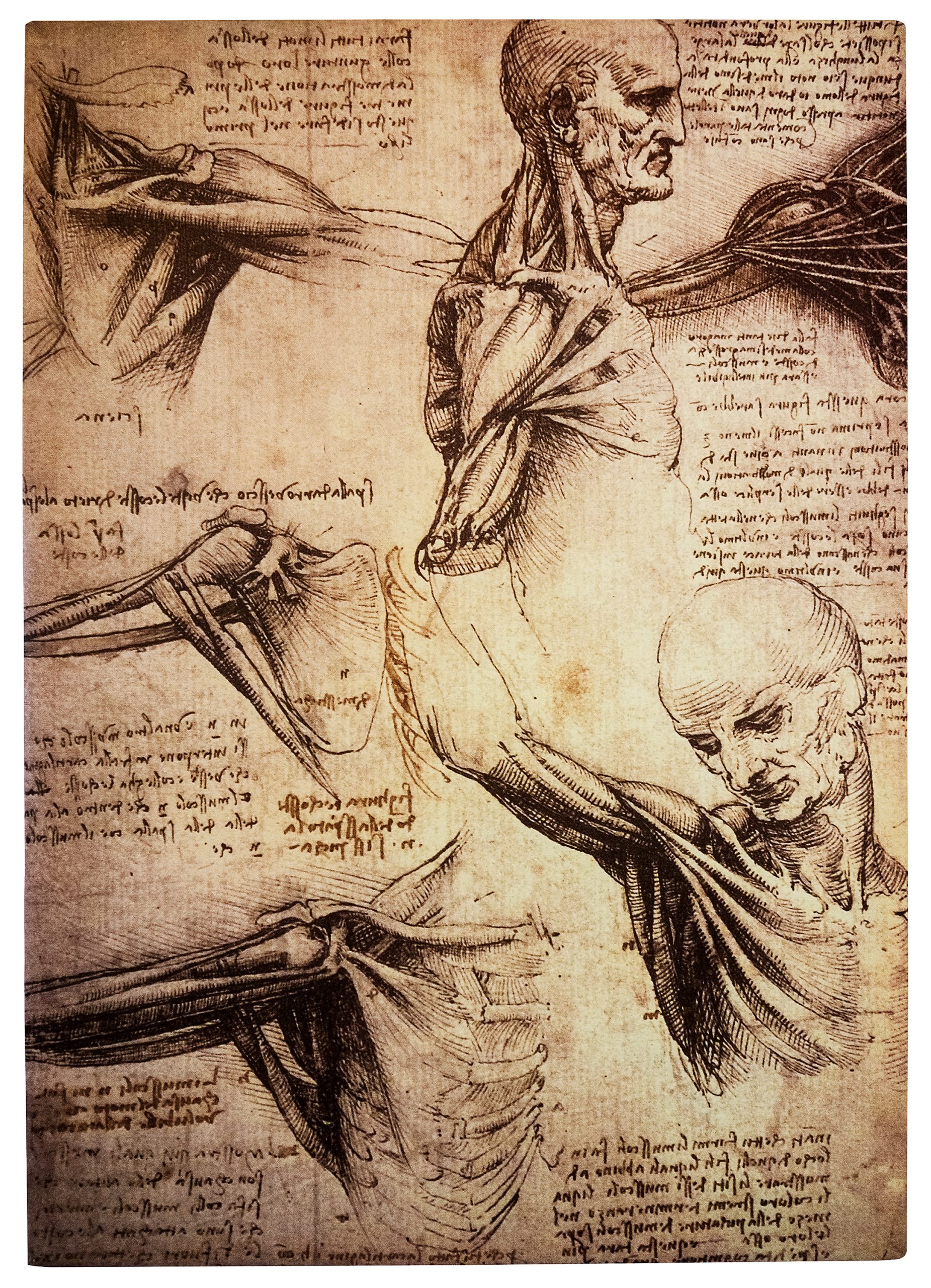Seeking medical assistance is stressful enough, but it’s also a common source of linguistic confusion. Who hasn’t struggled to decipher a doctor’s torrent of medical jargon? If you thought it was tough to read your doctor’s handwriting, the challenge of accessing care increases tenfold for patients trying to communicate across language barriers.
Here’s why accurate, knowledgeable translation services are so important when it comes to the healthcare sector.
Translating in the Doctor’s Office
Even when entitled to a qualified interpreter, many patients report that they simply didn’t realize it was an option. Instead, they rely on friends and relatives to act as medical interpreters, a practice physicians have discouraged due to the grave risk of error. Because family and friends usually aren’t trained translators, it’s common for them to misinterpret medical terminology, omit key information, or misreport symptoms.
In the absence of a professional interpreter, parents often depend on their children for more advanced language skills. However, it is especially difficult for children to parse medical jargon. Child interpreters are also forced into a psychologically challenging situation: not only do they take on an age-inappropriate role of caring for adults, but they also shoulder the emotional burden of breaking bad news to loved ones.
Producing Quality Written Materials
From doctor’s notes and discharge papers to device labels, waiting room brochures, and med school textbooks, the medical industry also produces copious amounts of written material—and all of it needs careful translation. Even a small typo on a prescription label or medical device instructions can result in mistakes that are frustrating at best and potentially fatal at worst. Just imagine mixing up “eleven” and “once” (in Spanish, once means eleven) on a pill bottle.
Medical notes like doctors’ reports, prescriptions, and patient forms, which are so critical to healthcare institutions, are also unusually difficult to translate. Translators must puzzle through unfamiliar handwriting, pre-edit text to make sure it converts properly to an electronic form, and check their facts with medical professionals to ensure accuracy. Well-trained human translators are a must for this painstaking yet vital task.
The Perils of Amateur Translation
In a high-stakes area such as one’s health, communication is everything, which highlights the dangers of using amateur translators. One study by pediatricians found that ad hoc interpreters’ errors were over 20% more likely to be “of clinical consequence” than those of professional interpreters—that is, to be mistakes threatening serious harm, such as leaving out questions about drug allergies or telling patients to apply medicine to the wrong parts of the body.
In an industry where medical error causes (at minimum) thousands of deaths per year, it’s all too easy to imagine how a lack of proper translation services can exacerbate the harm. In just one example, a Spanish-speaking patient whose family described him as “intoxicado”—intended to describe food poisoning—was written up as suffering from a drug overdose. This disastrous misdiagnosis delayed his care and left him paralyzed from what was actually a severe brain bleed.
Why do we need accurate healthcare translations? We all go to the doctor searching for the right answer to our symptoms, not the quickest answer or the most convenient. Given the deadly effects of miscommunication, the trade-off between accuracy and speed or cost is too dangerous a game to play. Instead, professional, knowledgeable medical translation services must be made both widely available and widely promoted throughout the healthcare sector.

